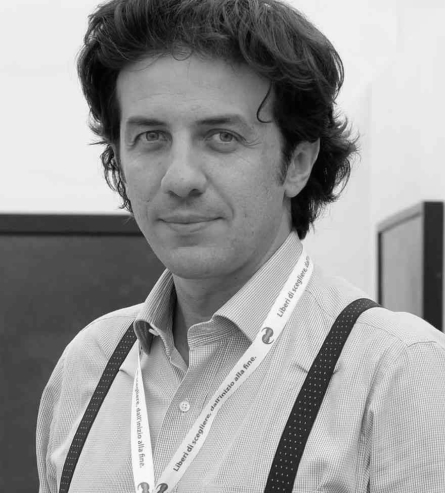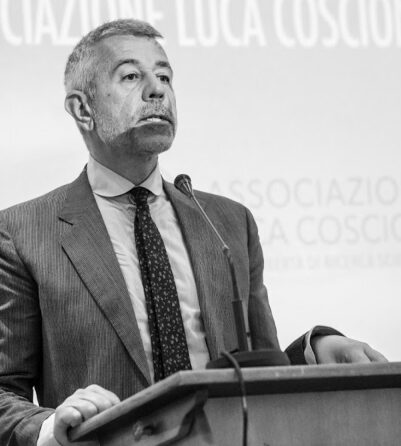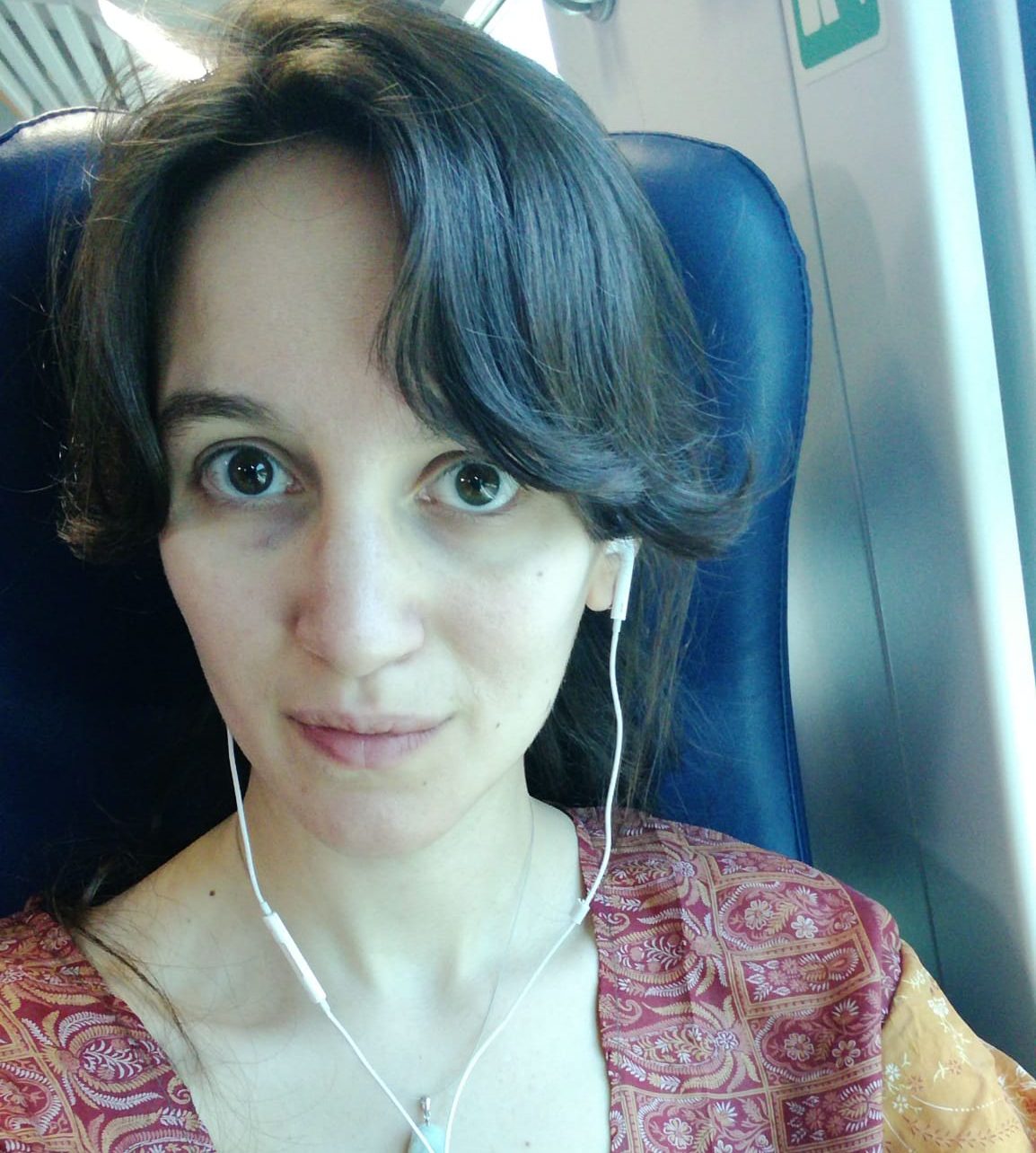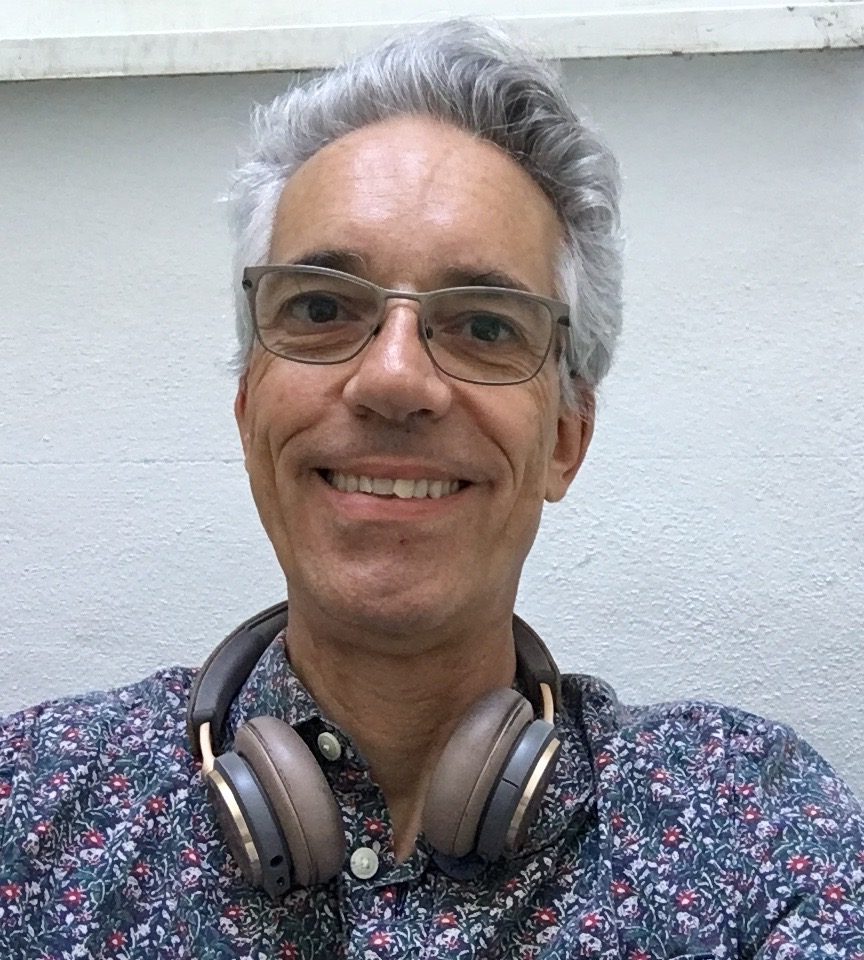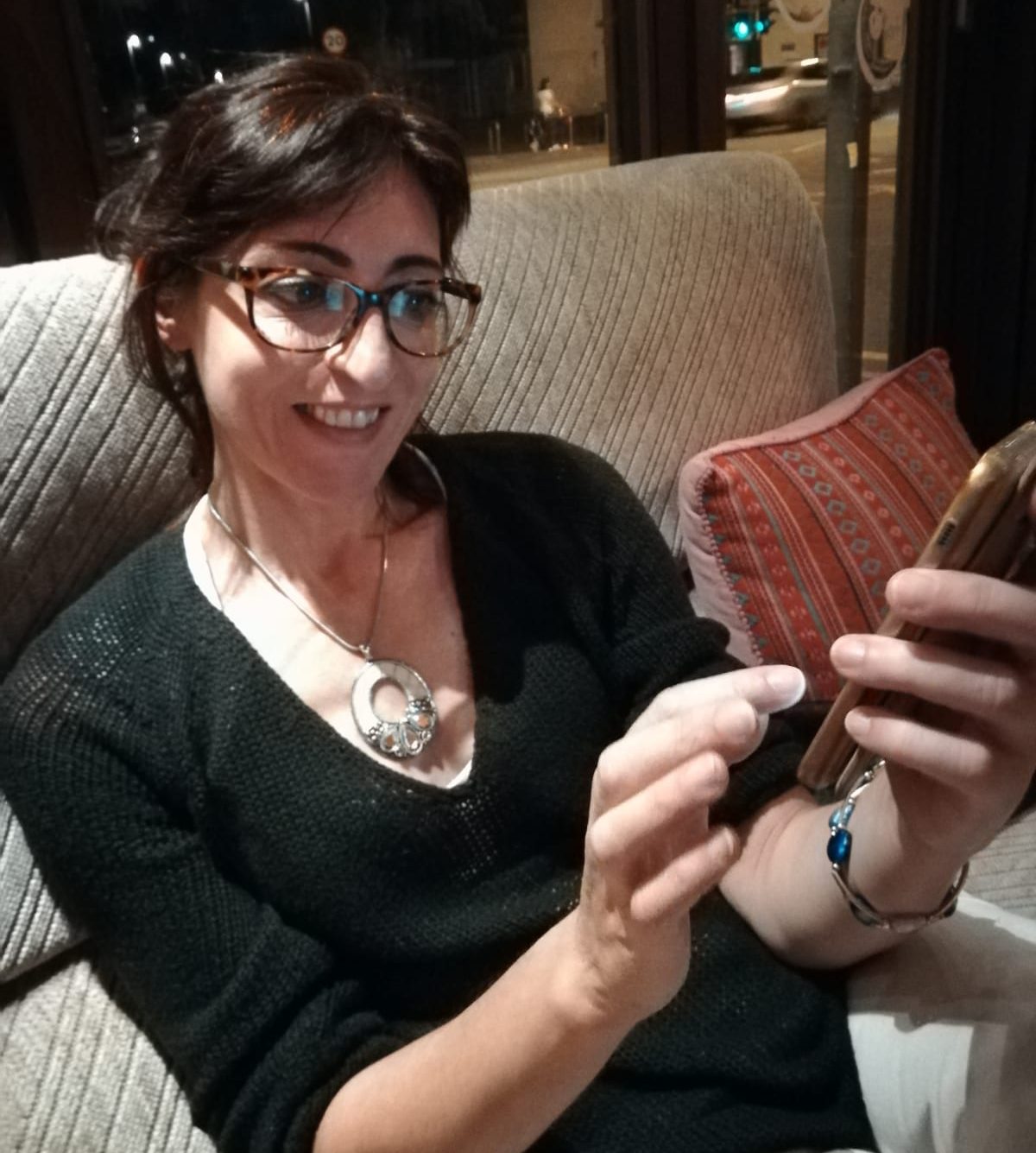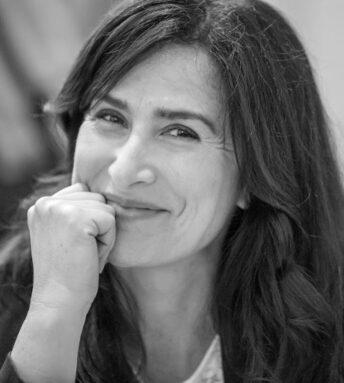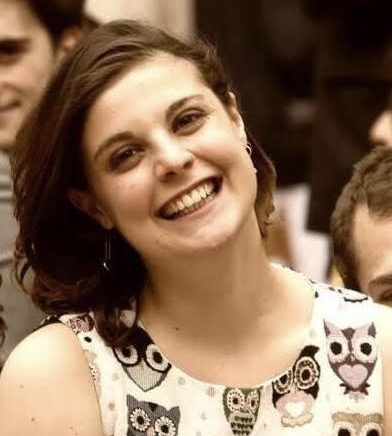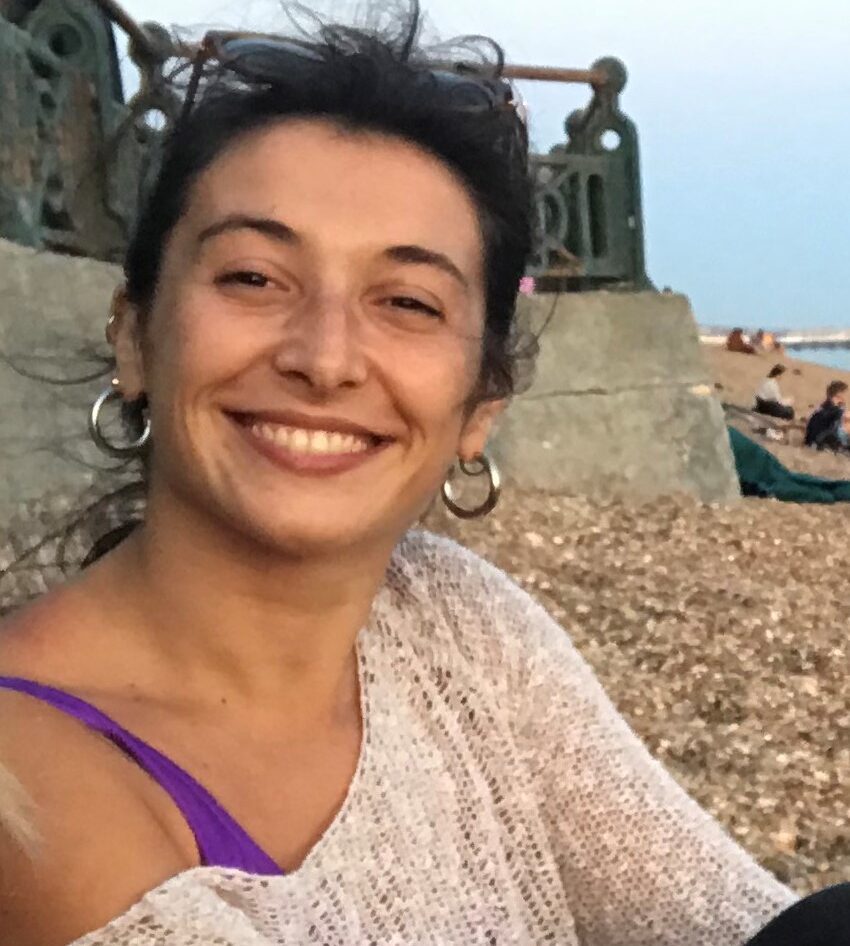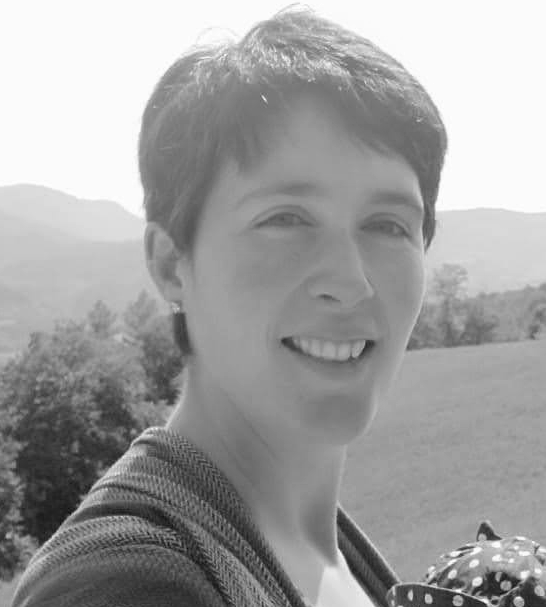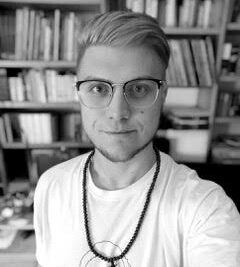Committee
In October 2018, a group of members of Rome-based Associazione Luca Coscioni launched Science for Democracy to promote the affirmation of the “right to science” through a dialogue between the scientific community and decision-makers. Anyone who shares its goals can join Science for Democracy – scientists and academics are particularly welcome.
-
Marco Cappato
Board of Directors - Founder
Marco Cappato is the Coordinator of the “World Congress for freedom of scientific Research”, Treasurer of “Luca Coscioni Association”, founder of Eumans. Marco Cappato was a member of the European Parliament from 1999 to 2009, and an EP Rapporteur on: “privacy in electronic communication”; “human rights in the world for 2007”; “production of opium for medical purposes in Afghanistan”; “public access to EU documents”. He was nominated for the “Politician of the year” award by “Wired” in 2003 and is the winner of the “European of the Year” award organised by “the European voice”.
-
Marco Perduca
Board of Directors - Founder
Marco Perduca, former Italian Senator (2008 to 2013) served on the Foreign Affairs, Justice, and Human Rights committees. For 20 years, he has coordinated the activities of the Nonviolent Radical Party at the United Nations in New York, Geneva and Vienna and has organized high-level meetings to abolish the death penalty in Africa and Central Asia. Marco Perduca is an expert on UN mechanisms with an emphasis on drug policy reform. Marco Perduca has collaborated with British law firms and American foundations on ending human rights violations in Italy. His letters and opinions have appeared in the International Herald Tribune, the Financial Times, The Wall Street Journal, The Guardian and Nature Italy. When in Parliament, he was often a guest on the BBC as a commentator on Italian politics. He has published three books and curated three. He has a blog on HuffingtonPost.it and just published a memoir, Farnesina Radicale. In February 2021 he was appointed Sherpa of the Values 20 Group.
-
Laura Convertino
Board of Directors - President
Laura Convertino is a PhD candidate in cognitive and theoretical neuroscience at UCL (University College London), awarded by the Leverhulme Trust Doctoral Training Programme for the Ecological study of the Brain. She studied Medicine and Surgery at the University of Pavia, with a parallel diploma in Biological Sciences at IUSS Pavia, and became a qualified MD in 2018. Proud member of Collegio Ghislieri, she had the opportunity to extend her studies in basic research and clinical training in different international leading institutions. She is particularly interested in issues related to minorities’ access to the benefits of science and scientific knowledge, and in promoting freedom of research and the right to science beyond cultural biases.
-
Cesare P.R. Romano
Board of Directors - Secretary General
Cesare P.R. Romano is Professor of Law and W. Joseph Ford Fellow, at Loyola Law School Los Angeles. He holds a MA (Laurea) in Political Science, University of Milano (1992); D.E.S. (Diplôme des Études Superieures), Graduate Institute of International Studies, University of Geneva (1995); LL.M., New York University Law School (1997); and PhD (Doctorat), Graduate Institute of International Studies, University of Geneva (1999). His expertise is in public international law, and in particular international human rights and international courts and tribunals. Between 1996 and 2006, he created, developed and managed the Project on International Courts and Tribunals (PiCT), a joint undertaking of the Center on International Cooperation, New York University, and the Centre for International Courts and Tribunals at University College London, becoming a world-renown authority in the field. In 2011, Professor Romano founded the International Human Rights Center at Loyola Law School, Los Angeles. Since then, he has led his students in the litigation of dozens of cases before the Inter-American Commission of Human Rights and specialized United Nations human rights bodies, including the first individual communication to the UN Committee on Economic, Social and Cultural Rights dealing with restrictions on research in human embryos (SC and GP v. Italy, CESCR Comm. 22/2017). As a scholar, Professor Romano is the author of nine books and 62 articles and chapters in edited volumes. Amongst those most relevant for the activities of Science for Democracy, one should mention: Boggio A./ Romano C. /Almqvist J. (eds.), Human Germline Genome Modification and the Right to Science: A Comparative Study of National Laws and Policies, Cambridge University Press, 2020; Romano, C. / Boggio, A., “The Right to Benefit from Progress in Science and Technology”, in The Max Planck Encyclopedia of Comparative Constitutional Law (MPECCoL), 2020 (forthcoming); Romano, C., “The Origins of the Right to Science: The American Declaration on the Rights and Duties of Man”, in Porsdam, H., and Porsdam Mann, S. (eds), The Right to Science: Then and Now (CUP 2021); Boggio, A. / Romano, C., “Freedom of Research and the Right to Science. From Theory to Advocacy” in Simona Giordano, Lucio Piccirillo, and John Harris (eds.), The Freedom of Scientific Research: Bridging the Gap between Science and Society, Manchester University Press, 2018, pp. 162-175; Boggio, A./ Knoppers, B. / Almqvist, J. / Romano, C., “The Human Right to Science and the Regulation of Human Germline Engineering”, The CRISPR Journal, Vol. 2, No. 3, 2019, pp. 134-142. Personal website: http://cesareromano.com/
-
Claudia Basta
Board of Directors - Treasurer
Claudia Basta is a researcher at the Dutch national research institute for the living environment in The Hague. Claudia Basta supports Science for Democracy in identifying and formulating political initiatives lying on the intersection of science, policy-making and society. Her background combines urban sustainability studies (MSc, University of Venice) with European risk governance (PhD, Delft University of Technology) and applied ethics studies (Post-Doc, 4TU Centre of Excellence in Ethics and Technology, Delft). Her main interests gravitate around the ethical theories and normative principles that inform the practices of human welfare and environmental sustainability assessment. Her relevant works are published in Planning Theory and Environmental Impact Assessment Review among other journals. Critical about the hypertrophic production of literature to which early-career scientists are forced to earn any academic positions, she is keen to promote a culture of quality and originality vs. quantity and conformism among PhD students. The ‘politics and policy’ of European research and of its evaluation is thus at the top of her professional interests together with the advancement of value-driven approaches to the assessment of the social impacts of science.
-
Claudio Radaelli
Member
Professor of Public Policy at University College London https://www.ucl.ac.uk/political-science/. Claudio Radaelli holds a Degree in Economics and Social Sciences (Bocconi University) and a PhD in political science (Florence). In the years 2005-2018, he was Professor of Political Science at the University of Exeter and Director of the Centre for European Governance. Claudio Radaelli has authored 85 peer review articles and authored-edited volumes and special issues on Europeanization, regulation, policy learning, international corporate tax policy, and governance. He co-edited the Handbook of Regulatory Impact Assessment (Elgar) and Learning in Public Policy: Analysis, Modes and Outcomes (Palgrave). Claudio Radaelli was awarded two advanced grants by the European Research Council, one on policy learning (ALREG) and another, PROTEGO, on regulation http://www.protego-erc.eu/project/. In Science for Democracy, Claudio Radaelli works on science and nonviolence, the role of evidence and scientific knowledge in policy processes; on how scientists engage with policy formation; and on policy instruments such as regulatory impact assessment, ex-post legislative evaluation, consultation, and access to regulation and law.
-
Federico Binda
Member
Federico Binda is a researcher in pure mathematics and a passionate pro-European political activist. He is one of members of the Steering Committee of Science for Democracy and he follows the topics of Open Science and Open Access. He is active since 2016 with the Luca Coscioni Association for the Freedom of Scientific Research. Federico Binda works as Assistant Professor at the University of Milan (Italy), and was previously a researcher at the university of Regensburg (Germany). He holds master degrees from the University of Milan (Italy) and the University of Paris XI (France), and a PhD (University of Duisburg-Essen, Germany) in mathematics. He has been a visiting scholar at the Hausdorff institute for Mathematics (Bonn, Germany), the Tata Institute of Fundamental Research (Mumbai, India), the Institut Mittag-Leffler (Djursholm, Sweden), the University of Tokyo and the University of Oslo.
-
Simona Giordano
Member
Simona Giordano is a Professor in Bioethics at the School of Social Sciences, University of Manchester. She is the author of Understanding Eating Disorders, Oxford University Press, Exercise and Eating Disorders, Routledge, Children with Gender Identity Disorder, Routledge, and of the forthcoming Ethical issues in the clinical management of gender diverse children and adolescents. She is editor of Scientific Freedom, with John Coggon and John Harris, Bloomsbury and of Freedom of Scientific Research, Manchester University Press.
-
Filomena Gallo
Member
Filomena Gallo is a Lawyer before the Italian Court of Cassation and she is an expert in legislative issues concerning human biotechnology. For 10 years, she has taught at the University of Teramo. Since 2005, she has promoted and followed most of the legal proceedings that led Italy’s Constitutional Court to declare the unconstitutionality of the national Law on assisted reproductive techniques. She has collaborated with the Ministry of European Affairs and the Italian Drug Agency; she is a frequent commentator on bioethical issues in the national media; and in 2012, she was elected secretary of the Luca Coscioni Association for freedom of scientific research.
-
Sofia Todesca
Member
Sofia Todesca is PhD student in Structural Biology at the International Max Planck Research School for Molecules of Life (IMPRS-ML, Max Planck Institute for Biochemistry Munich). She has been Alumna of Collegio Ghislieri since 2015, where she graduated in 2020 in Molecular Biology and Genetics at the University of Pavia. During her university studies she also completed her Diploma in Biomedical Sciences at the University School for Advanced Studies (IUSS Pavia). In the years she has been visitor scholar in many top-level research institutions. Her PhD project is aimed at dissecting both from a biochemical and structural point of view some crucial events concerning RNA metabolism by using high hand techniques such as cryogenic-electron microscopy (cryo-EM). This allows to visualize the 3D structures of the molecules of life at atomic resolution. Nevertheless, her motto is "May Science help me, while observing the infinitely small, to never forget the bigger picture”.
-
Elisabetta Dal Gal
Member
Elisabetta Dal Gal is a Bioengineering Researcher with different experience in Academic Research Teams in Italy, Spain, India, and the UK. She holds an MSc in Biomedical Engineer (University of Pavia, Italy), after which she experienced a post-graduation program in India, awarded by the Cooperation and Knowledge Studentship by the University of Pavia. She worked at UCL (University College of London) and RNOH (Royal National Orthoapedic Hospital), contributing to clinical researches. Extremely passionate about innovation and biotech progress, she is particularly interested in promoting the Right to Science beyond cultures, gender, and any kind of human border.
-
Antonella Succurro
Member
Antonella Succurro studied physics at the University of Pavia (Italy), where she was also an alumnus of Collegio Ghislieri. She pursued her doctoral studies in particle physics at CERN (the European Organization for Nuclear Research), working in Geneva (Switzerland) and Barcelona (Spain). She was a member of the ATLAS collaboration during the exciting times of the discovery of the Higgs boson and considers her training at CERN a fundamental part in shaping her passion for open science and knowledge transfer. Interested in understanding the complexity of life, she continued her scientific career as a researcher in computational biology. Today she is a scientific officer of the West German Genome Center in Bonn (Germany), a national competence center for Next Generation Sequencing.
-
Simone Picenni
Member
Simone Picenni is a PhD student in the ERC project “Truth and Semantics” based at the University of Bristol. He works primarily on truthmaker semantics, semantic paradoxes and formal theories of truth, and his current research interests include proof theory, structuralist theories of science, and meta-ontology. He got a Master’s degree in Logic and Philosophy of Science from the University of Florence and studied at the Munich Centre for Mathematical Philosophy at the Ludwig-Maximilian-Universität in Munich. He is deeply fascinated by the great questions of the Enlightenment: how can we characterize rigorous knowledge? How can scientific knowledge contribute to the autonomy of the individual and to the improvement of society?
-

Gaia Taffoni
Member
Gaia Taffoni is a Research Fellow at European University Institute, School of Transnational Governance, in Fiesole (Florence). She is currently working on the ERC Advanced project 'Protego' where she studies regulatory instruments and procedures through which regulations are made and evaluated. She is specifically interested in the procedures of Judicial Review across the EU. Gaia is also adjunct professor at the University of Genova where she teaches Public Administration and Public Policy. She recently published a book titled 'The Politics of EU judicial support after the Arab Spring' where she looks at judicial reforms in Jordan and Marocco and the role of the EU support. The book explores two critical factors for innovations in the domain of justice: the institutional and managerial ones. Gaia holds a PhD in Political Science from the University of Milan. Her research interests lie within public policy with a focus on regulation and regulatory innovations, court management as well as court reforms in liberalizing countries. Gaia's articles on the EU politics of judicial support and the European Innovation principle in regulation appeared in international peer-review journals.
-
Giulia Perrone
Member
Giulia Perrone is a research and advocacy officer at Associazione Luca Coscioni and Science for Democracy, and a PhD fellow in International Law at the University of Turin. Her main interests include the intersections between life sciences and human rights law, with particular regard to biomedical development and human biology. Giulia holds a Law degree (LUISS University, Italy) and a LL.M. in International Human Rights and Humanitarian Law (University of Essex, United Kingdom). The “WHO Bulletin” and “Biolaw Journal - Rivista di BioDiritto”, among others, contain some of her works.
-
Lorenzo Mineo
Advocacy Officer and Campaign Coordinator
Lorenzo Mineo is a SciencesPo graduated in Urban Studies, a Coordinator of the European Citizens’ Initiative StopGlobalWarming.Eu in Italy and France, and is engaged in political campaigning for Eumans, the movement of European citizens for Democracy and Sustainable Development. He is in charge of initiative for democratic innovation in Italy and at the EU level, in collaboration with the Citizens Take Over Europe alliance. He coordinates international activities on drug policies for Science For Democracy.
